
Did you know that real estate professionals are more likely than many other careers to encounter violence on the job? Real Estate Agent Safety is an important concern. Awareness Is Your Best Tool as a Real Estate Professional. It’s a startling fact, but not entirely surprising when you think about it. Every day, agents meet strangers in empty houses, unlock doors to remote properties, and invite the public into open houses—all with a smile and a handshake. It’s the nature of the gig: showcasing homes to people you’ve often never met before. But that openness comes with vulnerability.
A quick chat on the phone or a friendly email exchange doesn’t guarantee safety. Too often, real estate agents brush off the risks, assuming “it won’t happen to me”—until it does. Safety tends to be an afterthought, something we only prioritize after a close call or a horror story hits the news. Let’s flip that script. This is about recognizing the risks and taking charge of your safety as a real estate pro—because you deserve to thrive in your career without fear.
The Real Risks Agents Face
Real estate might seem like a glamorous job, staging beautiful homes, sipping coffee with clients, closing big deals—but it has a shadow side. Agents regularly step into situations that can turn risky fast.
Open Houses: You’re alone in a house, the door’s wide open, and anyone can walk in. Most visitors are harmless, but what about the one who isn’t? Picture this: an agent in a suburban listing greets a man who lingers too long, asks odd questions about security systems, and doesn’t seem interested in buying. By the time she realizes something’s off, she’s isolated with no backup.
Private Showings: Meeting a client one-on-one sounds routine—until it’s not. Imagine an agent driving out to a rural listing to meet a “buyer” who gave a vague name and no verifiable details. The house is empty, the cell signal is spotty, and suddenly the client’s demeanor shifts. It’s a scenario that likely happens more than we’d like to admit.
Remote or Vacant Properties: These spots are like magnets for trouble. No neighbors, no witnesses, no quick escape. An agent might think, “It’s just a quick showing,” but a vacant farmhouse or a wooded lot can become a trap if the wrong person shows up.
These aren’t just hypotheticals; they’re drawn from real patterns. In 2023 alone, the National Association of Realtors reported that 23% of agents experienced a situation where they felt unsafe. Assaults, robberies, even abductions have happened to agents who didn’t see the red flags. The danger isn’t always obvious, and that’s what makes it so real.
Why Awareness and Preparation Matter
The good news is that you don’t have to live in fear or quit your job. The key is awareness. Situational awareness isn’t some buzzword; it’s a skill that lets you spot trouble before it escalates. It’s noticing the client who avoids eye contact, the car that’s been parked too long across the street, or the gut feeling that says, “This doesn’t add up.”
Prevention beats reaction every time. Once you’re in a bad situation, your options shrink fast. But if you’re prepared and you have trained your mind to assess risks and your habits to minimize them, you’re already a step ahead. Think of it like locking your car doors: a small habit that pays off big.
Safety training isn’t just about dodging danger; it’s about building confidence. When you know how to handle yourself, you walk into every showing with your head up, not second-guessing every shadow. It’s not paranoia, it’s professionalism. And it’s a game-changer for your career.
Key Safety Tips to Keep in Mind
Ready to start protecting yourself today? Here are five practical tips to weave into your routine:
- Always Vet Your New Clients Beforehand: It is a good practice to do a quick Google search, a phone call to confirm their identity, or a request for a pre-approval letter can weed out sketchy prospects. No legit buyer will mind.
- Trust Your Instincts: If something feels off, such as your client maybe pushy about meeting you alone or dodge basic questions, you should not ignore it instincts. Reschedule or bring a colleague. Your gut’s smarter than you think.
- Create a Check-In Protocol: Tell a broker, friend, or family member where you’re going and when to expect you back. A simple “I’m at 123 Oak Street, call me at 3 PM” could save your life.
- Know Your Exits: If you can arrive early to showing for a home you have not been to before try to do so. Before the showing, scope out every door, window, and gate. If things go south, you won’t waste time fumbling in a panic.
- Don’t Lead—Let Clients Walk Ahead: Stay behind them during tours. It keeps you in control, gives you a clear view, and puts distance between you and potential trouble.
Turning Awareness into Action
Reading tips is one thing, putting them into practice is another. The truth is, even experienced agents sometimes let their guard down. A busy schedule, pressure to close, or the desire to be accommodating can override that inner voice telling you to slow down and double-check. That’s why creating safety habits isn’t just helpful, it’s essential. Repetition builds muscle memory, and when a situation catches you off guard, instinct is what kicks in.
Keep in mind, it’s not just about physical safety, emotional security matters too. Being constantly on edge or worrying in the back of your mind can drain your energy and take away from what you do best, building relationships and closing deals. Investing time in safety prep helps eliminate that underlying anxiety and lets you focus fully on your clients and your business.
It’s also worth noting that you’re not in this alone. Brokerages, team leads, and industry peers all have a role to play in reinforcing a safety culture. When you take the lead in prioritizing your safety, you’re also modeling best practices for others in your office. Safety should never be viewed as a sign of weakness or fear, it’s a mark of professionalism and strength.
Investing in yourself
Picture this: a 2-hour interactive class that hands you the tools, strategies, and confidence to stay safe on the job no matter where your listings take you. Our Real Estate Agent Safety Course isn’t a dry lecture, it’s hands-on, practical, and built for agents like you.
Here’s a sneak peek at what you’ll learn:
- How to screen clients like a pro, spotting red flags before you ever meet.
- Techniques to de-escalate tense situations without breaking a sweat.
- Smart ways to use technology—like apps and trackers—to keep you connected and secure.
- Role-playing scenarios (like that creepy open house guest) so you’re ready for anything.
The course will be divided into two 60-minute segments, with a 15-minute break in between. Participants can expect a dynamic and participatory learning environment throughout. Whether you’re a rookie or a 20-year vet, you’ll walk away sharper, safer, and more in control.
Is Your Safety Worth Two Hours?
You wouldn’t skip a listing appointment or a closing, so don’t skip this either. A close call shouldn’t be your wake-up call. Prepare now and take the uncertainty out of your workday.
Ready to take the next step? Request a class for you and your colleagues, or contact us for more information.
Want updates on upcoming classes? Sign up for our mailing list to stay informed. Don’t wait. Your peace of mind is too important.
Closing Thoughts
Every showing is an opportunity to connect, to sell, to shine. But it should also be a safe one. You’ve got the skills to close deals and charm clients, now give yourself the tools to stay safe while you’re at it. Because at the end of the day, the best real estate agents aren’t just successful, they’re smart, aware, and still here to tell the story.
Your career is built on trust, professionalism, and relationships—but it should never come at the cost of your personal safety. Taking time to sharpen your awareness, learn defensive strategies, and build safer habits isn’t just preparation, it’s protection. Remember: you are your first line of defense. Make safety a priority today, so you never have to look back and wish you had.
Related Articles
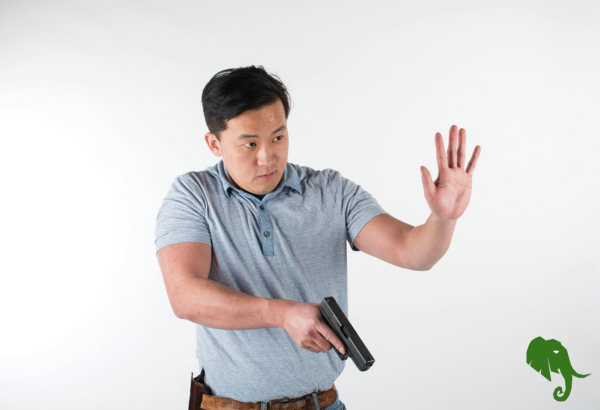
Conflict Avoidance and Use of Deadly Force
The new year has arrived, and if you’ve been following the news, you know that many changes are taking place. Speculation about how these changes…
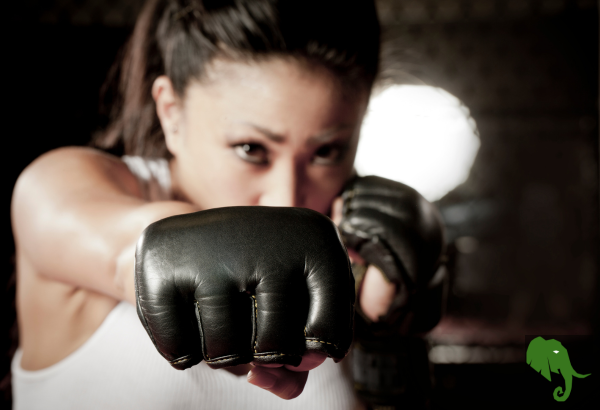
The Ultimate Self-Defense Tools
Overview Season 2, Episode 18 In this riveting episode of the Self-Initiative Project Podcast, join host Jim as he delves into the nuances of self-defense,…
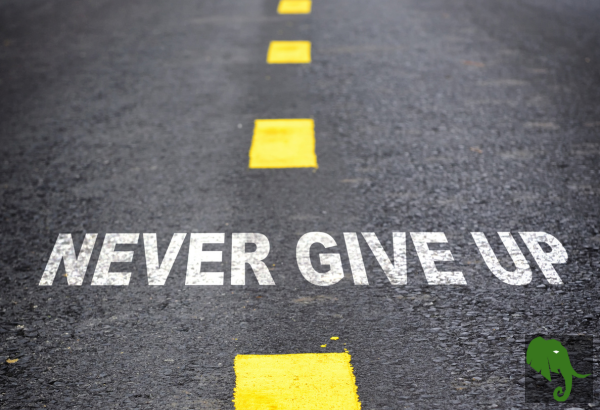
Welcome to episode 13, where we talk about the profound impact of mindset on our lives. This episode takes you on a journey through the…
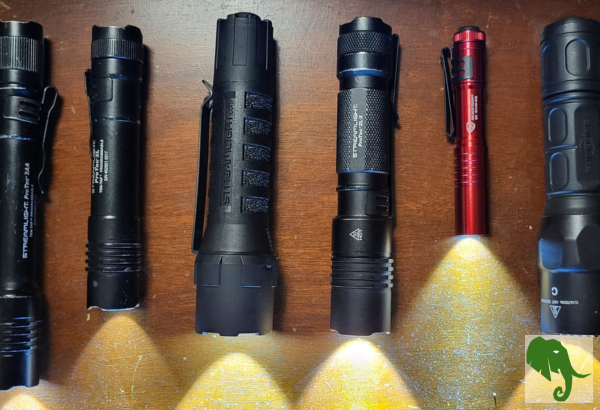
The Importance of Carrying a Flashlight
In any situation, having the ability to see clearly can mean the difference between life and death. This is especially true in low-light environments …
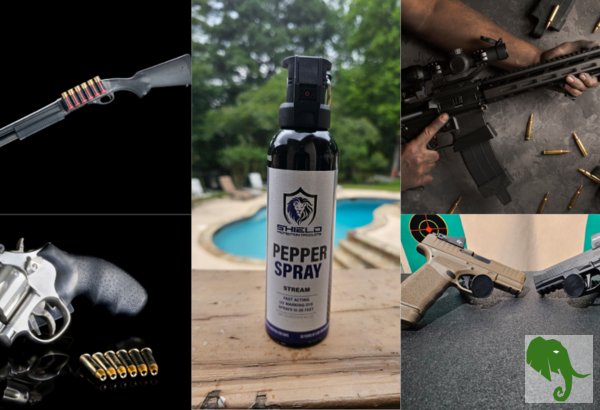
Deciding On a Home Defense Tool
A few weeks ago, I was visiting our local firearms shop and overheard a customer discussing with one of the staff choices for a home defense…
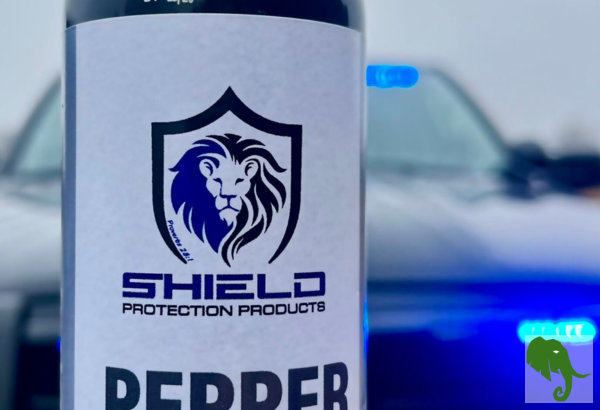
Everything You Wanted to Know About OC/Pepper Spray
Whether you carry OC (Oleoresin Capsicum) or pepper spray for self-defense, it’s crucial to understand how to use it effectively. While many people purchase pepper …
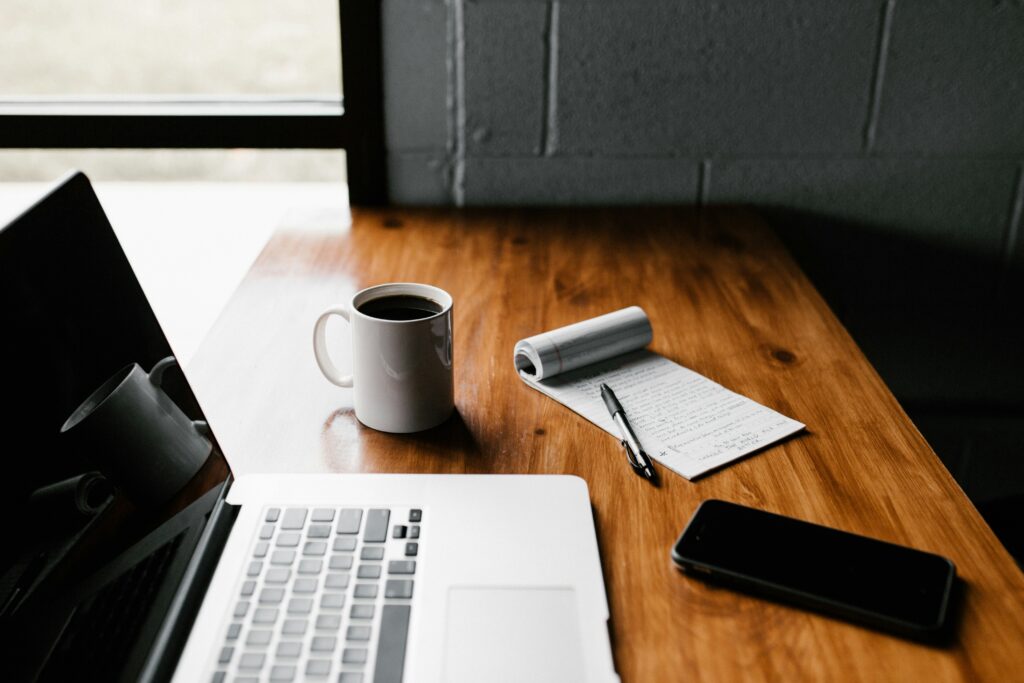
Read other OwnGuard Solutions blog posts
Read our other posts centered around being safer and better prepared.

